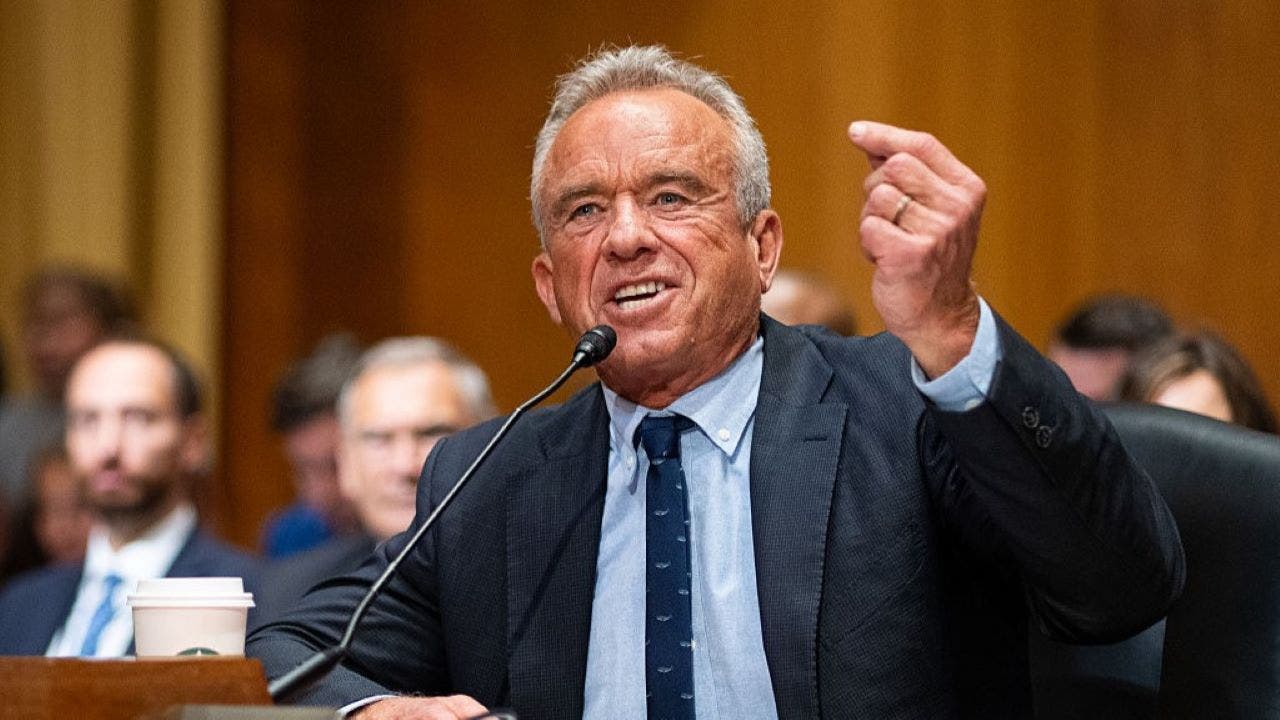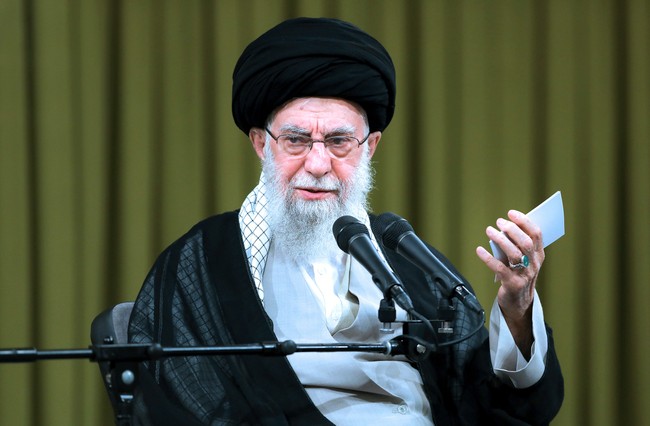Russian President Vladimir Putin and Chinese leader Xi Jinping were caught on a hot mic in Beijing discussing organ transplants and human longevity, remarks that were quickly dismissed by a leading U.S. transplant specialist as unfounded.
The exchange occurred on Wednesday as Putin and Xi walked with North Korea’s Kim Jong Un during a military parade commemorating the 80th anniversary of the end of the Second World War in Beijing.
The event took place in Tiananmen Square, where the leaders moved toward a stage to view the parade.
As captured by Reuters, Putin’s interpreter could be heard in Chinese stating: “Biotechnology is continuously developing.”
The interpreter went on to explain Putin’s view that “human organs can be continuously transplanted” and added, “the longer you live, the younger you become, and [you can] even achieve immortality.”
Xi, though off camera at the time, responded in Chinese, “Some predict that in this century humans may live to 150 years old.”
Hot-mic moment at the Beijing parade.
Xi: “People rarely lived past 70 before. Now at 70 you’re still a child.”
Putin: “With biotech, organs can be replaced endlessly… people could even reach immortality.”
Xi: “Some predict people might live to 150 this century.” pic.twitter.com/VRj02vkFxO
— Clash Report (@clashreport) September 3, 2025
This Could Be the Most Important Video Gun Owners Watch All Year
[esi random_video_player ttl=”0″]
The comments drew attention worldwide, but medical professionals were quick to counter them.
Dr. James Markmann, a transplant surgeon and President of the American Society of Transplant Surgeons Executive Council, spoke to Fox News Digital following the exchange.
“Transplantation of vital organs is a lifesaving and life-prolonging procedure for patients with organ failure,” Markmann said Wednesday.
“But there is no scientific evidence that it promotes immortality, nor that humans could realistically reach 150 years of age through transplants.”
Markmann emphasized that instead of speculation about extreme life extension, global leaders should be focusing on ethical concerns and improving access to organ transplants.
“I won’t comment on the private musings of world leaders, but we must remember that more than 100,000 individuals in the United States are currently awaiting lifesaving organ transplants,” he stated.
“The ethical concern isn’t immortality but equity, access, and making sure organs save lives today.”
Following the parade, Putin confirmed to reporters in China that he and Xi had indeed been discussing longevity science and potential future medical breakthroughs.
Putin has demonstrated interest in anti-aging research previously.
In 2024, he directed the establishment of a state-backed institute called New Health Preservation Technologies, which focuses on research into cellular rejuvenation, neurotechnology, and organ regeneration.
Additionally, Putin’s daughter, endocrinologist Maria Vorontsova, has been linked to longevity efforts, having received state grants for research in cell renewal and genetics.
Xi has been less directly connected to longevity research, but China has elevated biotechnology as a central part of its economic and strategic development goals.
His government has prioritized biotechnology as a field for future innovation and competitiveness on the global stage.
The unusual hot mic moment highlighted the contrasting perspectives between political leaders intrigued by longevity science and medical experts underscoring the limitations of current scientific evidence.
For professionals like Markmann, the focus remains on addressing present-day challenges in transplantation and ensuring that patients in need have fair and timely access to lifesaving organs.
While Putin and Xi’s conversation sparked international attention, experts reaffirmed that organ transplantation today is designed to treat organ failure, not to extend human life beyond natural limits.
Read the full article here


![Putin and Xi Caught on Hot Mic Discussing Immortality Fantasy, Get Mocked by Expert [WATCH] Putin and Xi Caught on Hot Mic Discussing Immortality Fantasy, Get Mocked by Expert [WATCH]](https://www.lifezette.com/wp-content/uploads/2025/09/2025.09.04-10.11-lifezette-68b965da58219.jpg)




![Bessent Says They’re Laying ‘Bear Traps’ Nationwide Based On Minnesota Model [WATCH] Bessent Says They’re Laying ‘Bear Traps’ Nationwide Based On Minnesota Model [WATCH]](https://www.lifezette.com/wp-content/uploads/2026/01/2026.01.10-01.07-lifezette-69624f29434ed.jpg)



